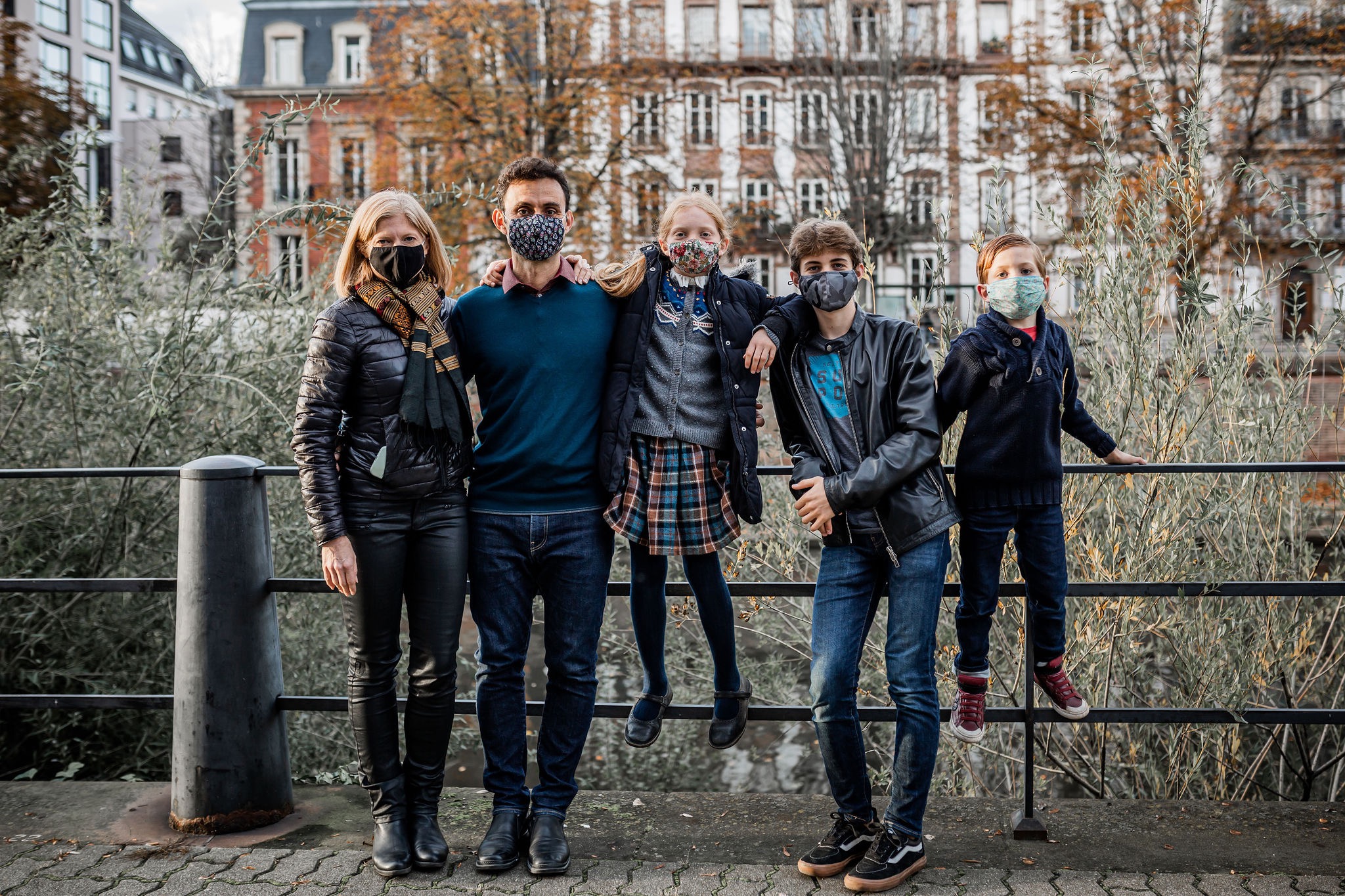You Don't Have to Travel to Worldschool

The COVID-19 pandemic forced many of us to press the pause button on our full throttle lives, and this has allowed us the space to step back and reassess how we are living life, what works well and not, and what really matters to us. In response, droves of people are now scaling back their work schedules, working more from home or quitting their jobs altogether. For all its challenges, the mandatory “school from home” experience of many families during the pandemic also served to demonstrate alternatives to full-time institutional education. Hence in response to COVID, many more families are pondering ways to reshape their lifestyles, including taking the leap to worldschooling.
Most worldschoolers and would-be worldschooling families are compelled by similar goals:
- How can we parents escape the rat race, the materialistic, proscribed road to happiness that we find exhausting and empty?
- How can we extract our kids from the hyper-scheduled world of playdates and extracurriculars that has become all-consuming?
- How can we cultivate resourcefulness, adaptability, compassion and resilience in our children while also giving them the best preparation possible for their future in our complex world?
But is worldwide travel the answer? First off, long-term travel is often not logistically feasible. Location-dependent jobs, medical needs, a family member who does not thrive on constant change and rootlessness, budget—for all of these and many other reasons, few families can realistically adopt a nomadic, worldschooling life. Moreover, our growing collective awareness of climate change and the impacts that ubiquitous travel has on emissions that intensify natural disasters make such an approach to education seem excessive. (The fact is that even a single, one-way, long-haul flight pumps more carbon dioxide into the atmosphere than the average annual per capita CO2 contribution in dozens of countries.) Meanwhile, it is precisely those low-income countries and their people who bear a disproportionate brunt of the climate-related outcomes through flooding, drought, displacement, famine and violent turmoil over resources.
The privileged few families who can find a way to make it work often do so through “geoarbitrage” that allows them (like we did) to live on their small first-world budget in an inexpensive locale. However, as Jennie Germann Molz points out in her book The World Is Our Classroom, in doing this we are also exploiting and unintentionally reinforcing the neocolonial inequities of our post-modern, globalized world. In the course of my own family’s quest to enrich our lives, learn together out in the world, and instill global understanding, compassion and perspective in our kids, we had to ask ourselves if it was coherent for us inadvertently to inflict even more inequitable consequences on less privileged populations along the way.
Viewed today through the lens of the global COVID-19 pandemic and increasingly alarming climate change reports, my own family’s years of round-the-world travel life look pretty rococo to me. But even a few years ago, when we took the decision to step off our digital nomad path and put down some roots in a new place, we were starting to feel some discomfort about the sustainability and scalability of our worldschooling approach. We felt the need to see if we could get even more creative about raising global citizens and discovering the world together as a family, while also hunkering down. Over the past five years, we have experimented with ways to continue pursuing the family and educational goals we had when we left California to worldschool, while scaling back on our actual travel.
I view worldschooling as a mindset and a lifestyle approach. Jetting around the world with kids to see tourist sights and check off items on a bucket list is not worldschooling to me—I believe that worldschooling entails more intentionality, context and immersion. But just as travel is not automatically worldschooling, I think that worldschooling does not have to mean travel—or at least not long-term travel to farflung places.
In coming articles, I will talk about three ways to worldschool without hitting the road full-time:
- Worldschooling via Short-term Travel: Maybe you have a sabbatical coming up, plan to take an extended leave from work and school, or just want to make the most of an upcoming one-week vacation. I’ve developed exciting worldschooling curricula that we applied before, during and after short-term travel to Andalusia, Lisbon, Monet’s Gardens, Tuscany and Sicily. I will share examples to get you started on your own curriculum development.
- Worldschooling Close to Home: Perhaps your budget, schedule or principles will not allow you to roam far from home. The whole idea of worldschooling is leveraging what is around you, and there is probably a lot more in your backyard than you think! I will share some ways that we tapped into places and people nearby to open the world to our kids.
- Worldschooling Without Leaving Home: We were living in France during the COVID-19 pandemic and weathered some of the most restrictive and lengthy confinements anywhere in the world. I decided to approach the many months of quarantine and curfews as a prime worldschooling challenge. I will share some innovative ways that we used to keep worldschooling from within four walls.
If you would like to stay abreast of future articles on this and related topics, please join my little list (your data will not be sold or shared)-->
0 Comments Add a Comment?